Directory
- Share
Rebecca Jones
- Alumni
- United States
- 2005 MPhil Medical Science
- Newnham College
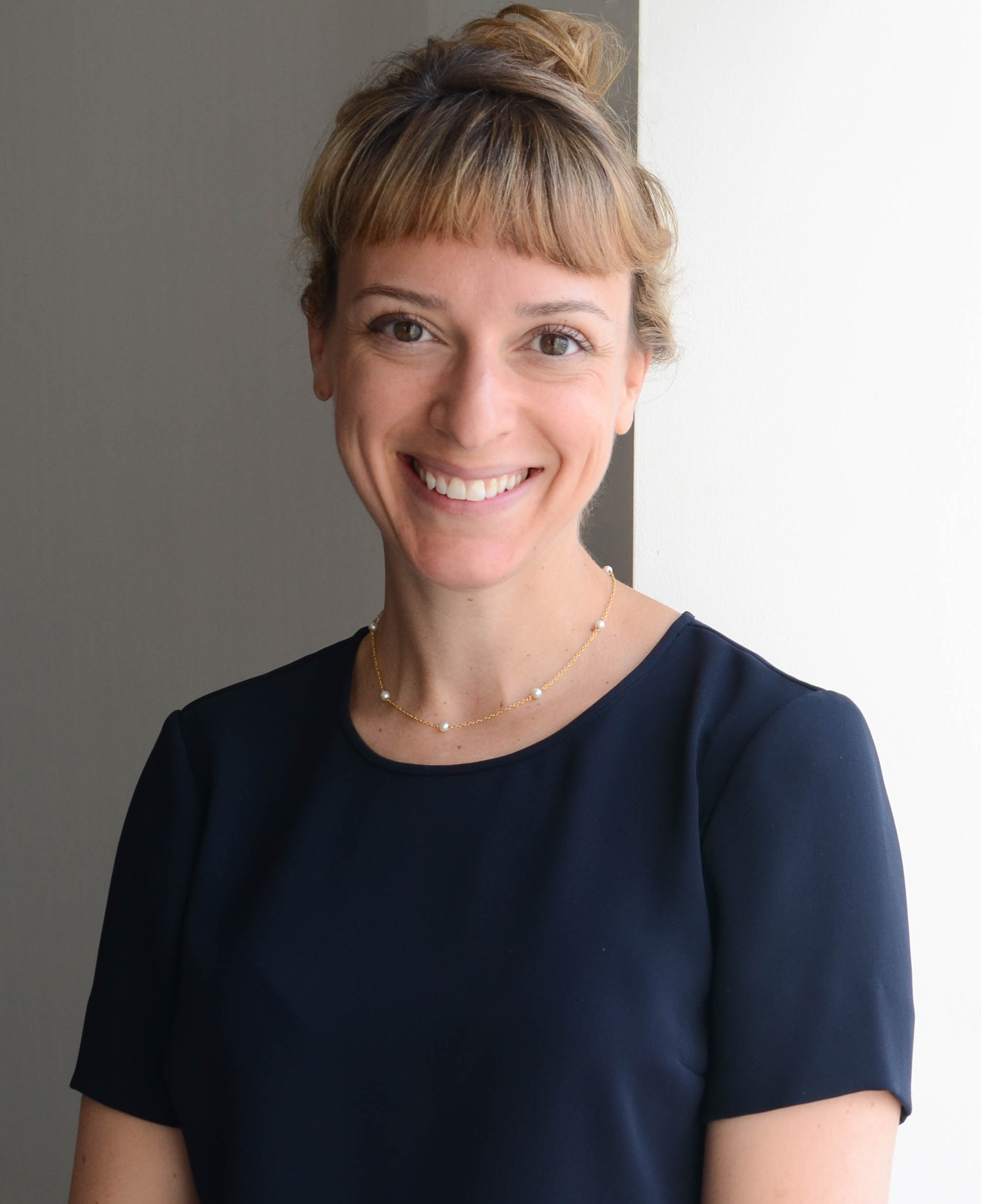
Rebecca Jones
- Alumni
- United States
- 2005 MPhil Medical Science
- Newnham College
Simon Jones
- Alumni
- Canada
- 2007 PhD Engineering
- Churchill College

Simon Jones
- Alumni
- Canada
- 2007 PhD Engineering
- Churchill College
Off to Montreal for a postdoc!
Emily Rose Jordan
- Alumni
- United States
- 2009 PhD Experimental Psychology
- Corpus Christi College
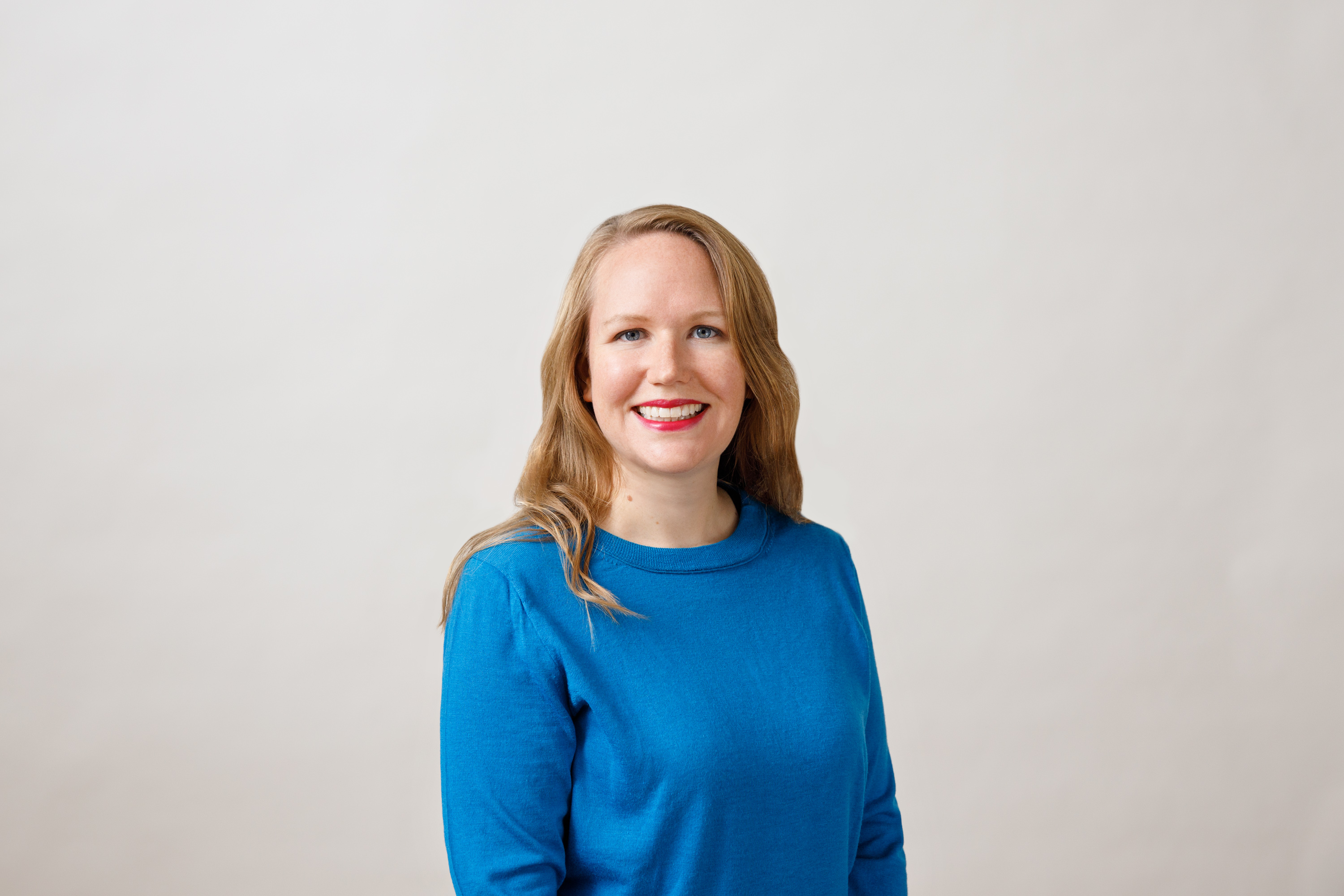
Emily Rose Jordan
- Alumni
- United States
- 2009 PhD Experimental Psychology
- Corpus Christi College
Emily Jordan PhD, is the Cofounder and COO of Ancora.ai, a health tech company with the mission to democratize access to innovative medicine. Dr. Jordan holds a neuroscience PhD from the University of Cambridge, where she was a Gates Cambridge Scholar, and an undergraduate degree with highest honors from Columbia University in New York. She is the founder of Halo Angel Group, an early stage, impact-focused investment group and is an active mentor, speaker and advisor in the health tech ecosystem. She has spent her career working at the intersection of science and tech in 3 countries, and has a passion for improving diversity in AI, healthcare and tech.
Previous Education
Columbia University BA in Psychology and Anthropology 2009
Links
Gregory Jordan
- Alumni
- United States
- 2007 PhD Molecular Biology
- Darwin College
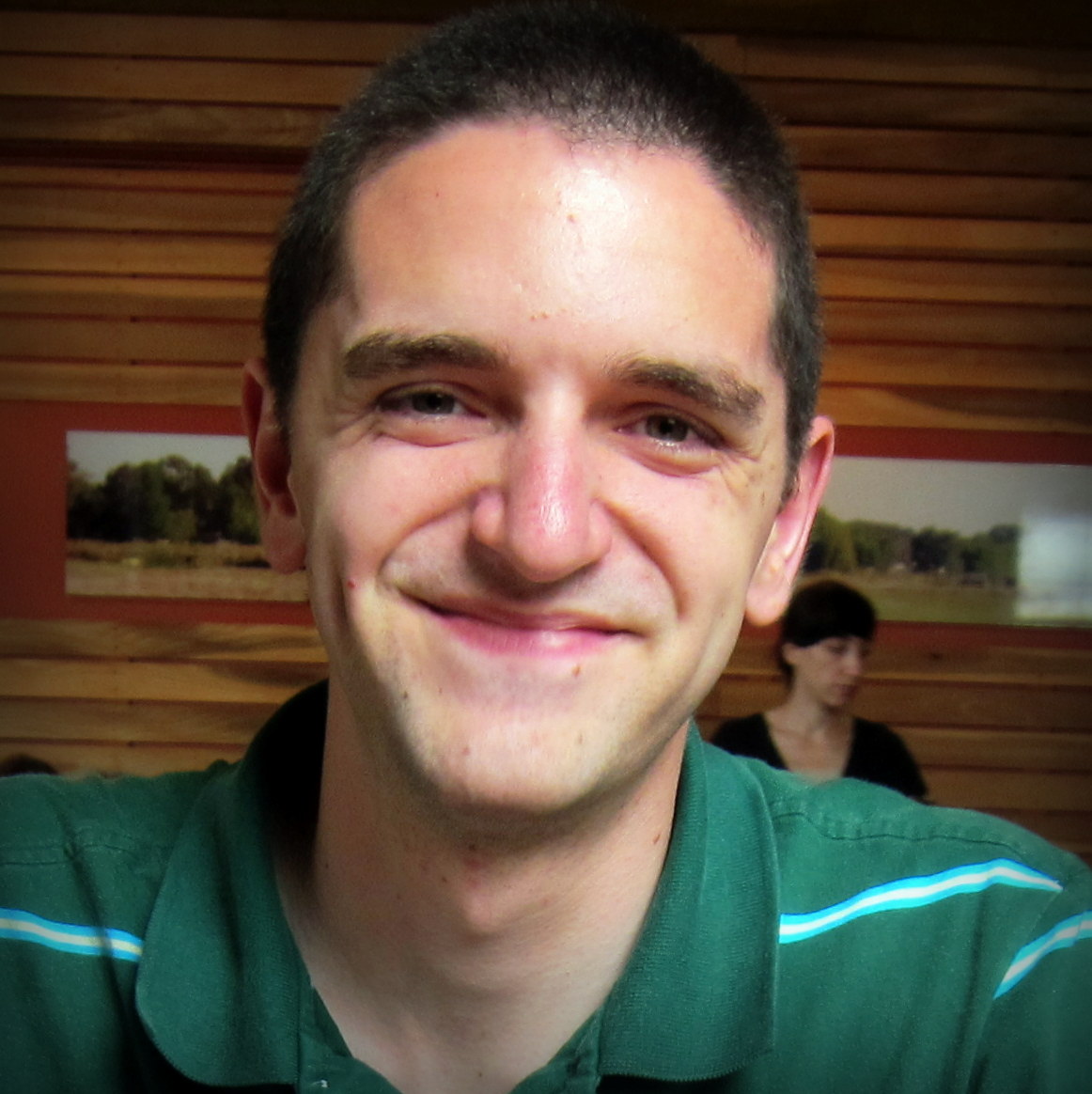
Gregory Jordan
- Alumni
- United States
- 2007 PhD Molecular Biology
- Darwin College
Ph.D. computational biologist turned software engineer. Interested in researcher workflows, large-scale data pipelines, and complex data visualization.
Previous Education
Yale University B.S., Biochemistry 2007
Links
Jasmine Jordan
- Alumni, Scholar
- United States
- 2021 MPhil Criminological Research
2022 PhD Criminology - Wolfson College
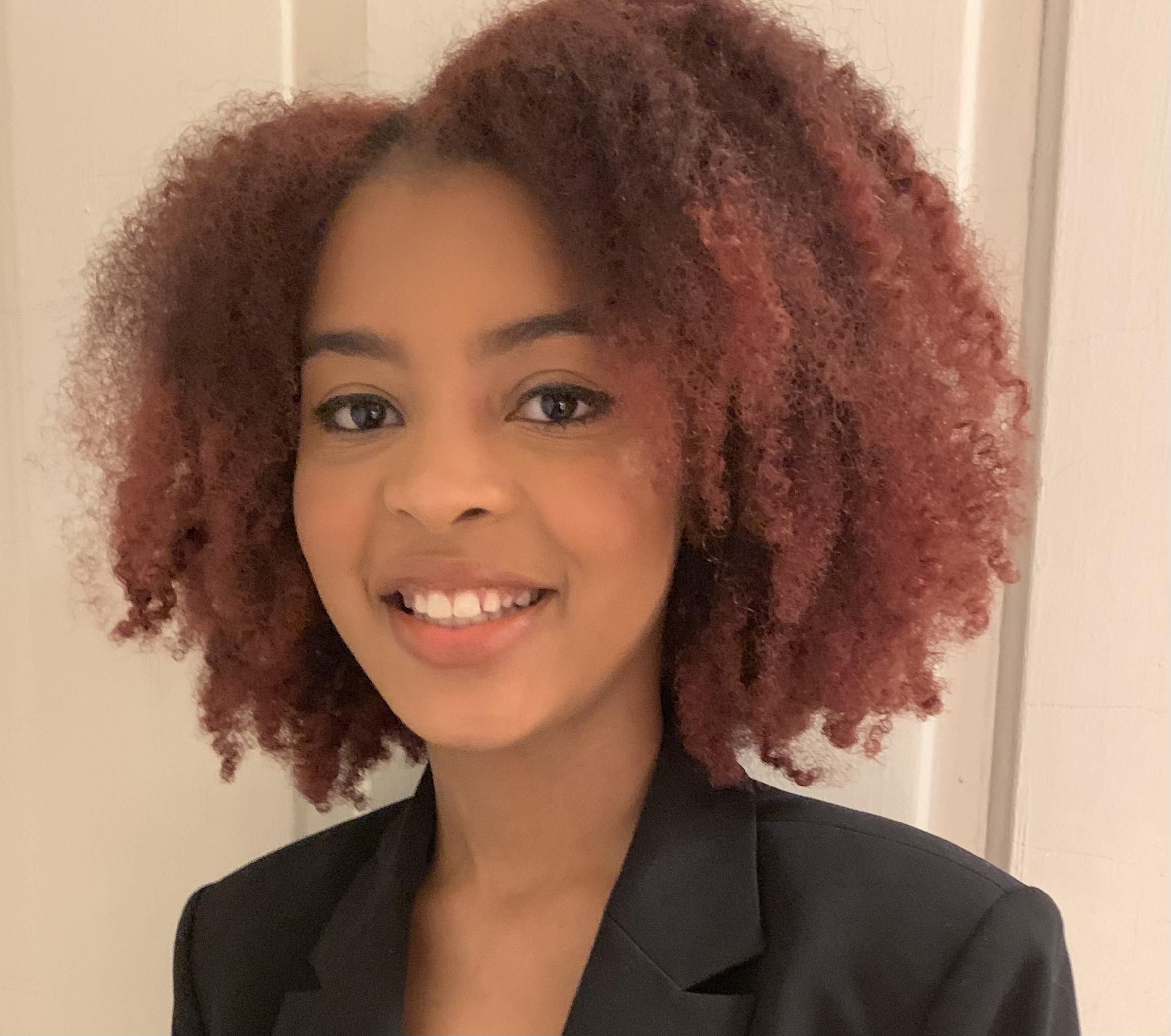
Jasmine Jordan
- Alumni, Scholar
- United States
- 2021 MPhil Criminological Research
2022 PhD Criminology - Wolfson College
A native of Detroit who attended Michigan State University to study Political Science, I am deeply committed to reforming a US criminal justice system that is expensive, frequently counterproductive, and terribly damaging to inmates, their families, entire communities, and the functioning of democracy. As an undergraduate I carried out research on racial hierarchies, the self-segregation of African American and Latinx students in university dorms, and the misrepresentation of minorities in US history high school textbooks. I also served as Michigan State’s President of the Council of Students with Disabilities and as Chief of Staff for a legal non-profit which, among other roles, represents refugees at risk of deportation. As an MPhil student in Criminological Research at Cambridge, I conduct research on the impact of incarceration on the political participation and community engagement of Black women and the symbiotic harms of their incarceration. I will expand my Mphil project to a larger mixed methods project for my PhD. This will prepare me for a career dedicated to making the US criminal justice system more rational, equitable, and humane.
Previous Education
University of Cambridge Criminology 2022
Michigan State University Political Science 2021
Jerelle Joseph
- Alumni
- Dominica
- 2014 PhD Chemistry
- Churchill College

Jerelle Joseph
- Alumni
- Dominica
- 2014 PhD Chemistry
- Churchill College
I grew up in the island of Dominica, in a village called Vieille Case. In 2012, I graduated from the University of the West Indies with a BSc. in Chemistry and Mathematics. I then pursued an MPhil. in Chemistry at the UWI, under the supervision of Prof Sean McDowell. In 2018, I completed my PhD in Chemistry (Department of Chemistry, Cambridge) under the supervision of Prof David Wales FRS. For my PhD work, I developed and tested computational methods to study protein folding. In particular, I worked on a coarse-grained model for proteins, developed an approach for sampling large-scale rearrangements in proteins, and characterised a disordered receptor protein implicated in HIV infection. After my PhD, I joined the group of Dr Rosana Collepardo-Guevara (Department of Physics, Cambridge) as a research associate; focusing on developing models to probe genome organisation. I am currently a Junior Research Fellow at King's College Cambridge, where I am developing multiscale computational approaches to interrogate how cells organise their contents via phase separation.
Links
https://www.carischolar.com
https://twitter.com/jerelleaj
https://www.linkedin.com/in/jerelle-a-joseph
Maša Josipović
- Alumni
- Serbia
- 2018 PhD Clinical Biochemistry
- Corpus Christi College
Maša Josipović
- Alumni
- Serbia
- 2018 PhD Clinical Biochemistry
- Corpus Christi College
During my undergraduate studies at the University of Belgrade, School of Medicine, I have found myself taking an interest in the study of diabetes, being driven by the idea of improving the quality of lives of patients suffering from this disabling disease that affects millions of people everywhere around us. Impaired awareness of hypoglycaemia in many long-standing insulin-treated diabetic patients is one of the barriers separating them from achieving tight glycaemic control, which is imperative in reducing the occurrence and severity of micro and macrovascular complications. Throughout my MPhil at the University of Cambridge, Department of Medicine, I will focus on elucidating the mechanisms of blunted awareness of hypoglycaemia. Unravelling this problem would make a big step towards the start of development of therapeutic options to treat or even prevent it. I would be elated if my research and efforts contribute to this goal. It is an absolute honour to be a part of the Gates Cambridge community, comprised of inspiring and devoted scholars from all over the world, united for the greatest cause - improving the lives of others.
Previous Education
University of Belgrade
Zorica Jovanovic
- Alumni
- Germany
- 2006 PhD Clinical Biochemistry
- Corpus Christi College

Zorica Jovanovic
- Alumni
- Germany
- 2006 PhD Clinical Biochemistry
- Corpus Christi College
Obesity is now a worldwide epidemic which is associated with a number of health complications, including diabetes, hypertension and cancer. Collectively, these diseases represent a major public health problem, being the main causes of morbidity and mortality in the Western world. Over the past decade, enormous advances have been made in our understanding of the molecular regulation of mammalian body weight with special emphasis on the hypothalamus as a centre of neuronal control of body weight and appetite. In my PhD studies, I aim to identify novel components of the homeostatic system that regulates body weight, specifically within the hypothalamus.
Maya Juman
- Scholar
- United States
- 2022 PhD Biological Sciences at the Department of Veterinary Medicine
- Selwyn College
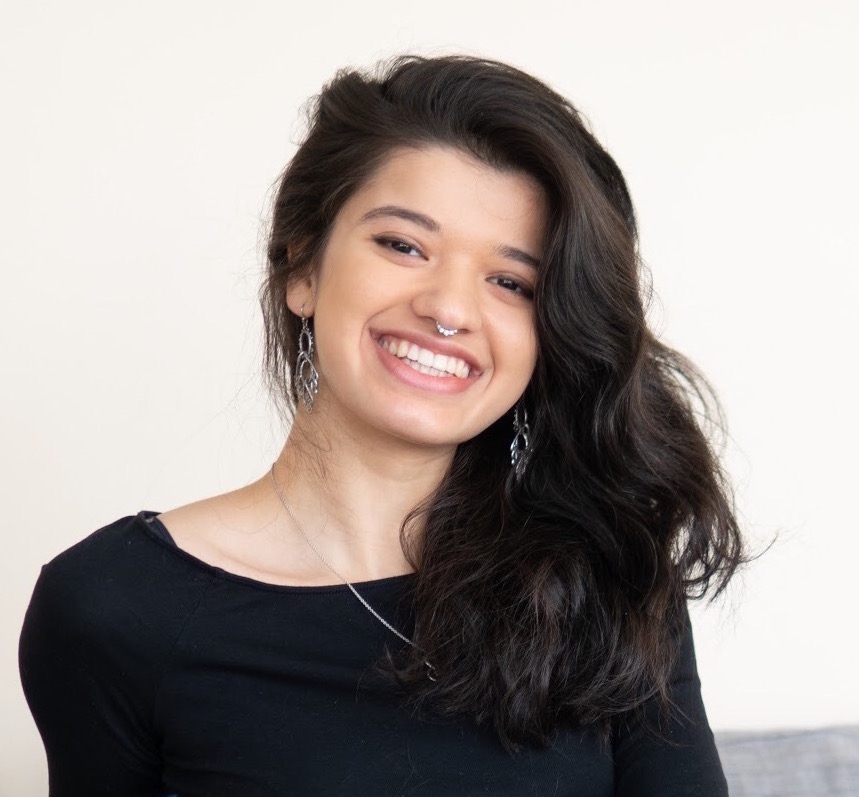
Maya Juman
- Scholar
- United States
- 2022 PhD Biological Sciences at the Department of Veterinary Medicine
- Selwyn College
Growing up in New York City and South India, I developed a lifelong appreciation for biodiversity and curiosity about global change. I completed my B.S. in Ecology and Evolutionary Biology at Yale University, where I conducted research on South and Southeast Asian mammal biogeography. Upon graduating in 2020, I worked on COVID-19 response at the Philadelphia Department of Public Health. This work experience, supplemented by my academic background in organismal biology, led me to explore the human-wildlife interface where viral spillover occurs. I am now pursuing a PhD in Biology at the Department of Veterinary Medicine at Cambridge. My thesis centers on the relationship between ecology and viral emergence, with a focus on zoonotic paramyxoviruses in fruit bats. I am particularly interested in the use of natural history museum collections for viral surveillance and host prediction. I strongly believe in accessible and inclusive science, especially in the form of creative science communication and outreach. I look forward to collaborating with the Gates Cambridge community to tackle pressing issues at the intersection of public and planetary health.
Previous Education
Yale University Ecology & Evolutionary Biology 2020
Links
Alanna Just
- Alumni
- Canada
- 2016 MPhil Medical Science (Psychiatry)
- Newnham College
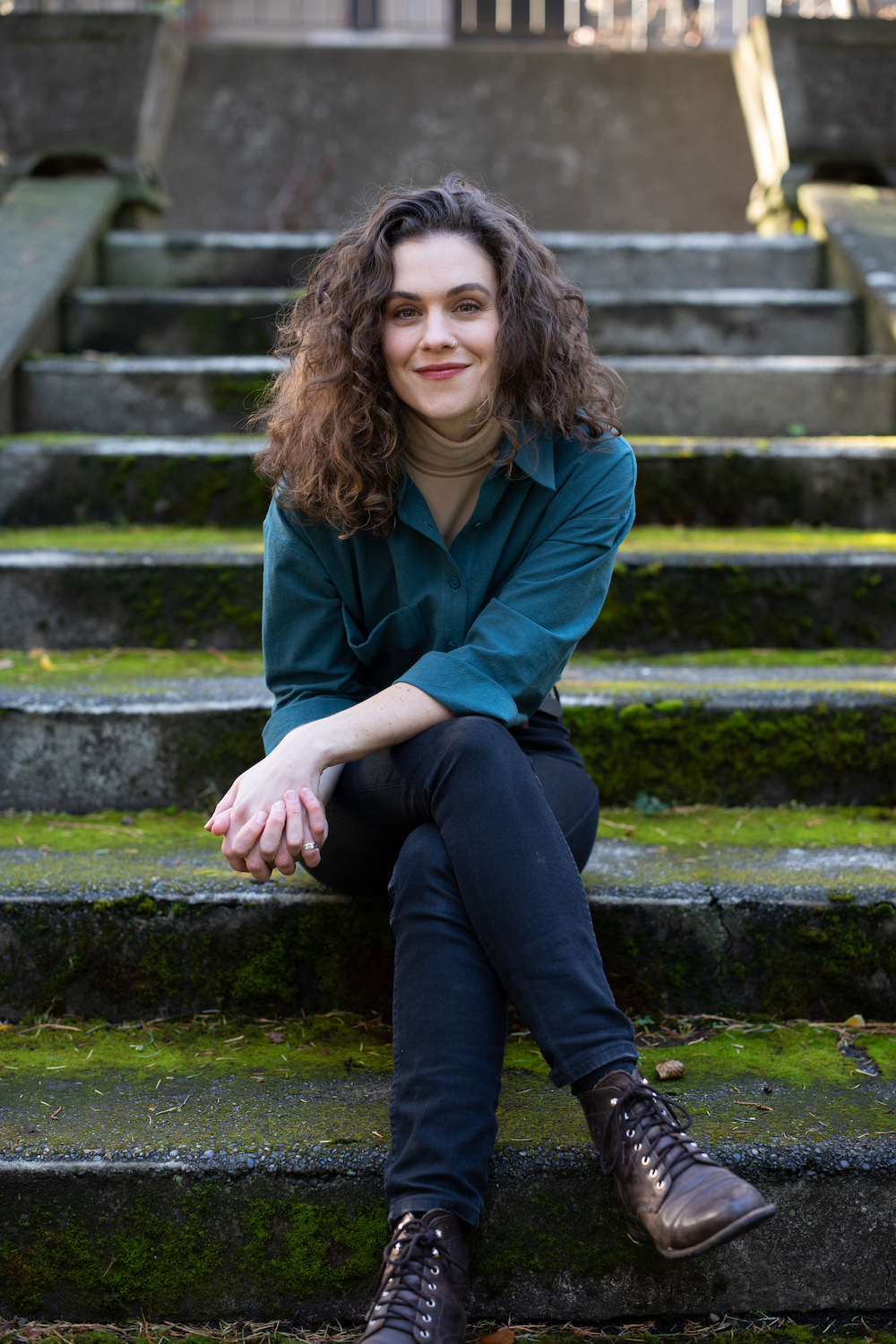
Alanna Just
- Alumni
- Canada
- 2016 MPhil Medical Science (Psychiatry)
- Newnham College
I received my Bachelor's Degree from Quest University Canada where I pursued majors in Neuroscience and Philosophy of Mind. I obtained my MPhil in Medical Science from the University of Cambridge, where I conducted research as a Gates Cambridge Scholar. When I returned to Canada, I obtained my Medical Degree at the University of British Columbia, where I conducted research on women's health, integrated medicine, and end-of-life care.
Between formal educational engagements, I traveled to remote communities in Siberia, guided expeditions in Mongolia for National Geographic, and pilgrimaged in Nepal.
I am currently completing my residency in the Yellowknife Rural Family Medicine program in the NWT on the traditional lands of the Yellowknives Dene First Nation. My interests include medical ethics, wilderness medicine, integrative medicine, and moments of vulnerability.
Previous Education
Quest University Canada
Mekondjo Kaapanda
- Alumni
- Namibia
- 2001 PhD Legal Studies
- Sidney Sussex College

Mekondjo Kaapanda
- Alumni
- Namibia
- 2001 PhD Legal Studies
- Sidney Sussex College
Vsevolod Kachanov
- Alumni
- Ukraine
- 2013 MPhil Materials Science & Metallurgy
- Corpus Christi College

Vsevolod Kachanov
- Alumni
- Ukraine
- 2013 MPhil Materials Science & Metallurgy
- Corpus Christi College
I was born in Kharkiv, Ukraine. When I reached the age of 14 my family moved to Israel, where I developed interest in biotechnology which I took as an elective module during high school. I am currently a final year student on BEng in Biomaterial Science at Sheffield University and I am excited to start an MPhil in Materials Science and Metallurgy within Cambridge Centre of Medical Materials from fall 2013. I am extremely grateful to Gates Cambridge Trust for this opportunity and I am looking forward to develop my skills and knowledge in order to contribute to the innovations in healthcare.
Dino Kadich
- Alumni
- United States, Bosnia and Herzegovina
- 2018 MPhil Geographical Research
2019 PhD Geography - Girton College
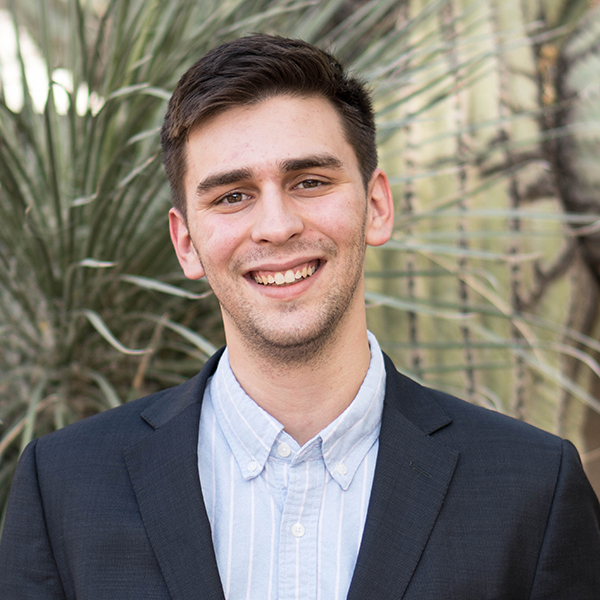
Dino Kadich
- Alumni
- United States, Bosnia and Herzegovina
- 2018 MPhil Geographical Research
2019 PhD Geography - Girton College
From a young age, I was keenly aware that the neat categories that bound and define our sense of belonging--ideas like "home," "nation," and "family"--were much more complex and difficult for some than for others. My experience growing up as a refugee from Bosnia and Herzegovina in Tucson, Arizona, gave me the opportunity to understand how political geography is produced in the everyday, through acts of inclusion and exclusion small and large. When I began my studies at the University of Arizona, I learned that such quotidian experiences were of enormous value to scholars trying to understand how political geographic realities that we take for granted are enacted and reproduced. As an MPhil student in geography at Cambridge, my work has focused on using participatory video to bring out how actually-existing political contestations over urban space and belonging play out among youth in Sarajevo. In my PhD, I hope to continue this engagement in Bosnia and expand it to Istanbul, Turkey, where a set of shared histories and contemporary struggles beckons for research that can think about how young people navigate nationalist politics and everyday material struggles across contexts. My experiences as a Gates scholar have been some of the most enriching in my life, and I am honoured to return to this community.
Previous Education
University of Cambridge Geographical Research 2019
University of Arizona Geography and Africana Studies 2018
Damni Kain
- Scholar
- India
- 2024 PhD Sociology
- Gonville and Caius College
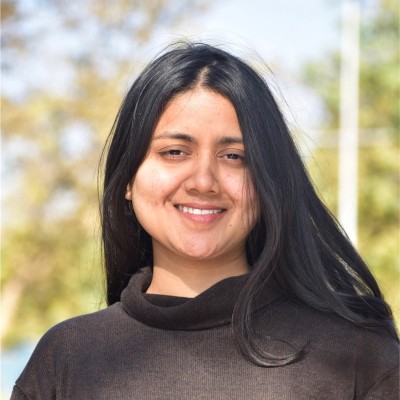
Damni Kain
- Scholar
- India
- 2024 PhD Sociology
- Gonville and Caius College
Working in the Indian Parliament, I saw my ‘research’ translate into social change and action. My academic and work experience spanning the last five years at the intersections of digital technology, the gig economy, and the future of work and caste is motivated by the pursuit of action-oriented research. As a Cambridge Trust and Commonwealth Scholar (2022-23) at the University of Cambridge, I explored the spatial and temporal structures of platform work by placing the gig economy in the caste society of India. This was inspired by my previous work at University of Oxford’s Fairwork Foundation studying platform economy, the Centre for Internet and Society and the Parliament actively contributing to parliamentary interventions advocating the rights of seven million gig workers in India. During my PhD, I wish to take forward my research on caste in the gig economy through an ethnography of home-based platform services. I aim to understand how caste and the structures of the gig economy co-produce each other while reordering social, bodily, and sensorial relations of work. Using ethnographic evidence, I aim to create a better future of work — informing state policies, digital labour platforms, and consumers of the gig economy.
Previous Education
University of Cambridge Modern South Asian Studies 2023
University of Delhi Political Science 2021
Links
https://research.sociology.cam.ac.uk/profile/damni-kain-2024
https://www.linkedin.com/in/damni-kain-b21a73220/?originalSubdomain=uk
Rafiullah Kakar
- Scholar
- Pakistan
- 2024 PhD Education
- St John's College
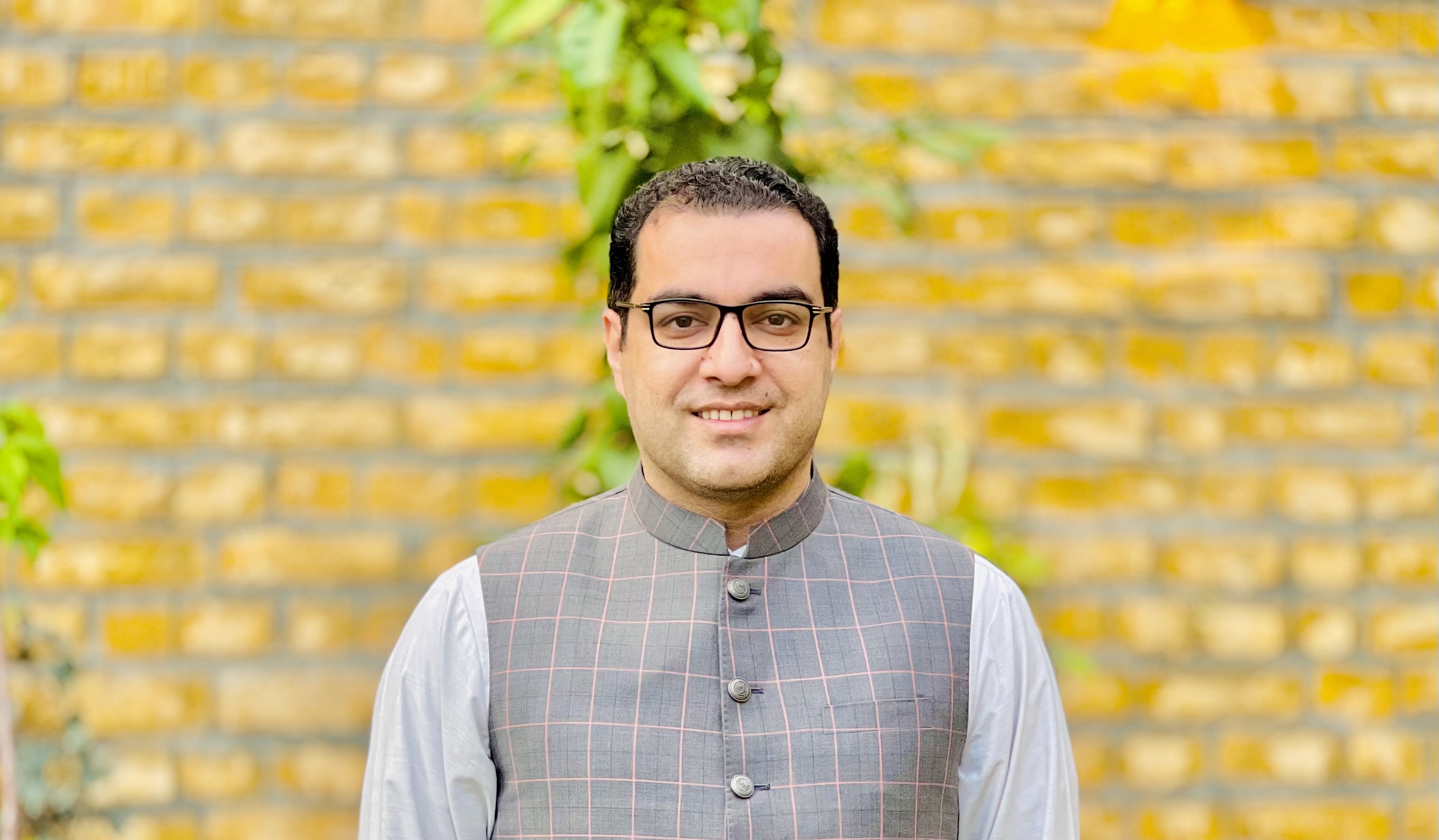
Rafiullah Kakar
- Scholar
- Pakistan
- 2024 PhD Education
- St John's College
My professional experience at highest levels of policy helped me realize the influential role of de-facto power dynamics and informal institutions in shaping development outcomes, especially in fragile contexts. This spurred my interest in comparative politics of development. In my PhD, I seek to understand the political economy of sub-national state capacity through a comparative study of education policy in two Pakistani provinces: Balochistan and Khyber Pakhtunkhwa. Despite a common history and social composition, these provinces exhibit differing capacities for improving education outcomes. Through a 'political settlement analysis,' I aim to unravel the drivers behind this variation.My interest in sub-national state effectiveness stems from my upbringing in a remote village along Pakistan’s border with Afghanistan, where conflict and state fragility were pervasive. While my academic journey—from Government College University Lahore to the University of Oxford on a Rhodes scholarship—enabled me to escape the fragility trap, many others remain ensnared.I eagerly anticipate joining the Gates community & leveraging its diverse network to bridge the gap between academia, policy and media. I enjoy cricket, hiking and evening walks
Previous Education
University of Oxford Governance & Development 2015
University of Oxford Public Policy 2014
Jesse Kalata
- Alumni
- United States
- 2008 MPhil International Relations
- Jesus College
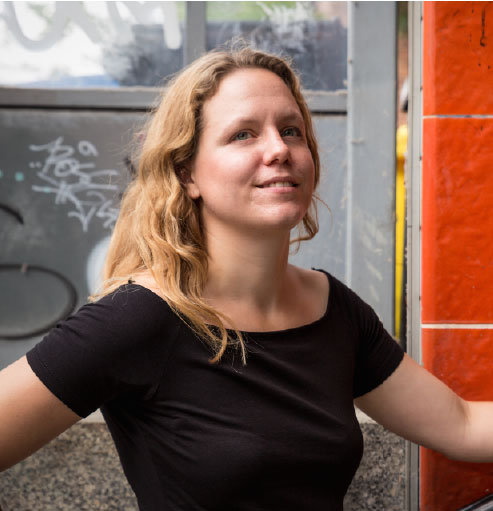
Jesse Kalata
- Alumni
- United States
- 2008 MPhil International Relations
- Jesus College
Jess Blokland (nee Kalata) was a 2009 Gates Scholar in the International Relations program. She is a US-born political scientist specialized in transatlantic security policy and democratic theory. Concerned with plummeting rates of political participation across modern democracies and the lack of transnational publics in a globalized world, in April 2015 she founded the social enterprise Art is Activism to promote social and political art as a modern medium of democratic participation and social change. She is in the process of creating a transnational, nonprofit platform for activist artwork and building a global network to connect activist artists with social movements and their target publics. Jess currently resides in Potsdam, Germany, where she is finishing up her doctorate on the party politics of German external security policy. She is a member of Impact Hub Berlin and the German Mompreneurs network for female entreprenuers with children.
Ishan Kalburge
- Scholar
- United States
- 2024 PhD Engineering
- Churchill College
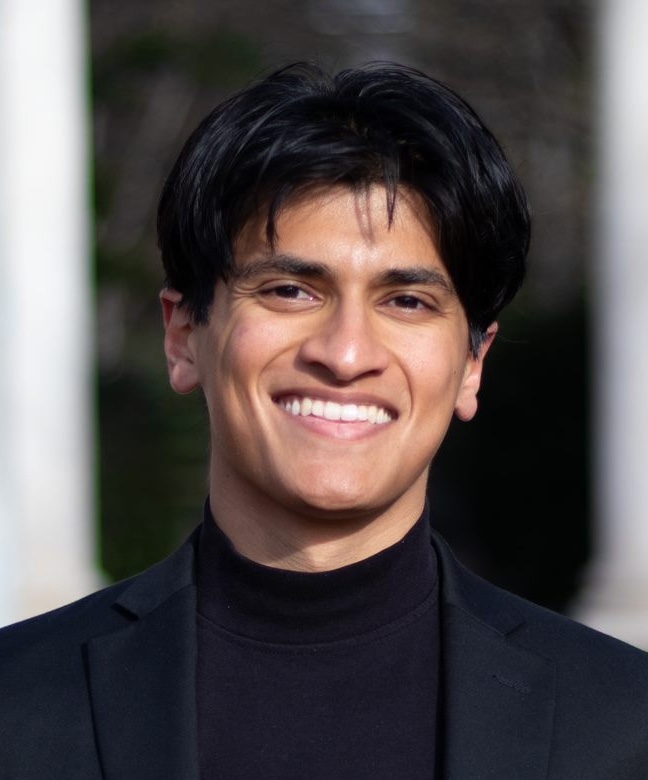
Ishan Kalburge
- Scholar
- United States
- 2024 PhD Engineering
- Churchill College
When my grandfather was diagnosed with Parkinson’s Disease, I was driven to deepen my understanding of human cognition to develop solutions that could help people like him. At The Johns Hopkins University, I pursued a B.S. in Biomedical Engineering, Applied Mathematics and Statistics, and Economics, developing interdisciplinary skills to achieve my goals. Through my research, I explored the largely unknown processes underlying human decision-making under uncertainty. As a Gates Cambridge Scholar, I will pursue a PhD in Engineering, building upon my past research by investigating how humans form internal representations of uncertainty and developing computational models that emulate such representations. Improving our understanding of how the brain tracks uncertainty is crucial to advancing our understanding of human cognition in health and disease, and will pave the way for developing trustworthy and energy-efficient artificial intelligence. While at Cambridge, I will also work to expand STEM outreach initiatives in under-resourced communities and lead dialogue on developing responsible AI regulatory policies. In my free time, I hope to work on my jazz improv skills on the piano!
Previous Education
Johns Hopkins University Biomedical Engineering, Applied Mathematics & Statistics, Economics 2023
Kimia Kamelian
- Scholar
- Canada, Iran, Islamic Republic of
- 2022 PhD Medicine (Science)
- St Edmund's College

Kimia Kamelian
- Scholar
- Canada, Iran, Islamic Republic of
- 2022 PhD Medicine (Science)
- St Edmund's College
My research experience in viral genetics and my desire to make a meaningful intervention in guiding public health responses to epidemics has led me to the PhD program in Medicine at the University of Cambridge. During my MSc degree at the University of British Columbia, I investigated the utility and limitations of sequencing in monitoring circulating viruses. I found myself drawn to the field of viral genomics and the applications of sequencing. I became aware of the power of technology when I observed the direct impact a change in prescription, put forth after detection of drug resistance, can have in the life of an individual living with HIV. My experiences left an indelible mark as I realized that my research could influence clinical practice. My future aim is to expand on the utility of viral sequencing, either for diagnostics and guiding of prescribed regimens or for surveillance purposes, and contribute to communities that are not extensively studied or studied prospectively to reduce health disparities. I am incredibly honored to join the Gates Cambridge community, and I look forward to sharing knowledge with future global leaders across multiple disciplines.
Previous Education
University of British Columbia Experimental Medicine 2019
University of British Columbia Integrated Sciences 2016








